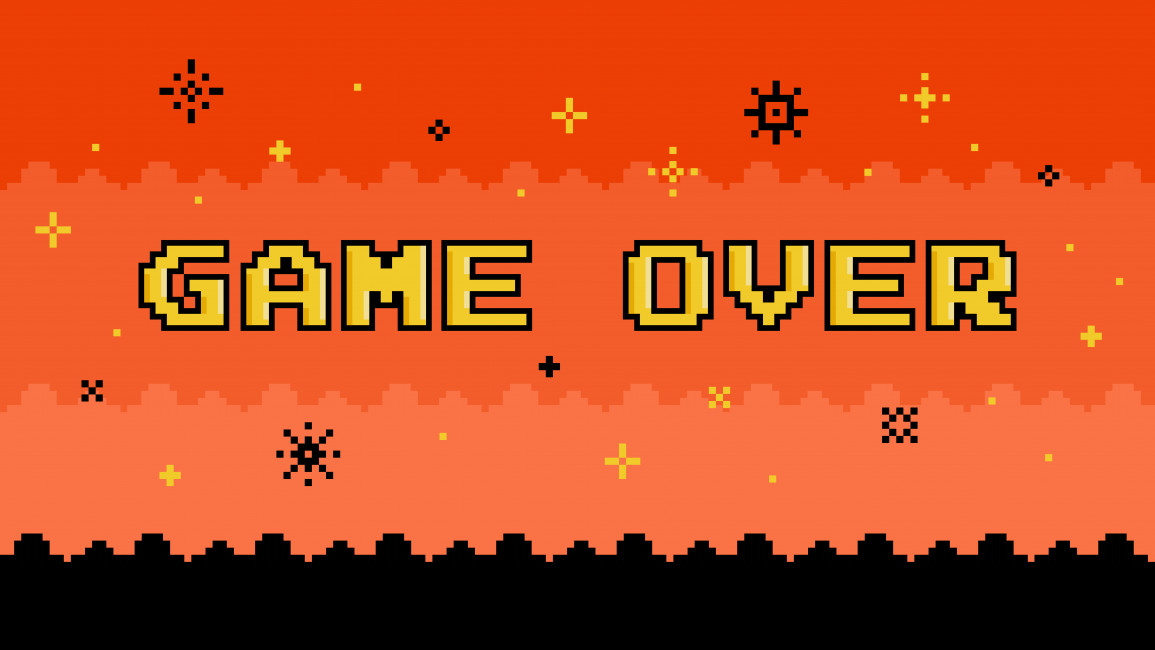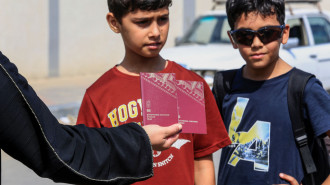Saudi Arabia to divest from Super Mario game maker Nintendo
Saudi Arabia's Public Investment Fund (PIF) has scaled back its stake in Nintendo Co., just a day after a top executive from the kingdom's vast sovereign wealth fund hinted at plans to possibly increase its investment.
The PIF reduced its stakehold in the Japanese video game giant to 7.54 percent from a previous 8.58 percent, according to a Japanese regulatory filing on Tuesday.
The move came a day after Japanese outlet Kyodo News carried comments made recently by Prince Faisal bin Bandar bin Sultan al-Saud, the vice chairman of Savvy Games Group, the PIF’s gaming-focused subsidiary, indicating that there would be a potential increase in stake.
When asked about boosting stakes in Nintendo and other Japanese gaming companies, he said: "It's always a possibility", adding that its partners' consent is paramount.
"It's important to keep the communication going so you get there in the right way. We don’t want to rush into anything," he added.
On Monday, Nintendo shares rose by 4.4 percent following the Kyodo News report. However, they dipped slightly on Tuesday, with news of the PIF’s shareholding adjustment emerging shortly after the market had closed.
In recent years, Saudi Arabia has invested billions of dollars in the gaming industry, both domestically and internationally, with the goal of positioning itself as a global hub for e-sports and gaming.
This move aligns with the kingdom's Vision 2030 strategy to modernise and diversify its economy, which has traditionally been reliant on oil.
Saudi Crown Prince Mohammed bin Salman also serves as the chairman of Savvy Games Group - underscoring his country's commitment to this sector.
Nintendo has been facing challenges due to a slowing console gaming market and the ageing of its flagship Switch hybrid console, which remains its best-selling product with 143.4 million units sold worldwide.
Now seven years old, the Switch is beginning to show its age, as gamers increasingly turn to more advanced systems from competitors like Microsoft and Sony.




 Follow the Middle East's top stories in English at The New Arab on Google News
Follow the Middle East's top stories in English at The New Arab on Google News
![People gathered around the rubble of destroyed houses to search for survivors [Getty]](/sites/default/files/styles/image_330x185/public/2024-11/GettyImages-2184733820.jpg?h=199d8c1f&itok=NiM1LO2f)

